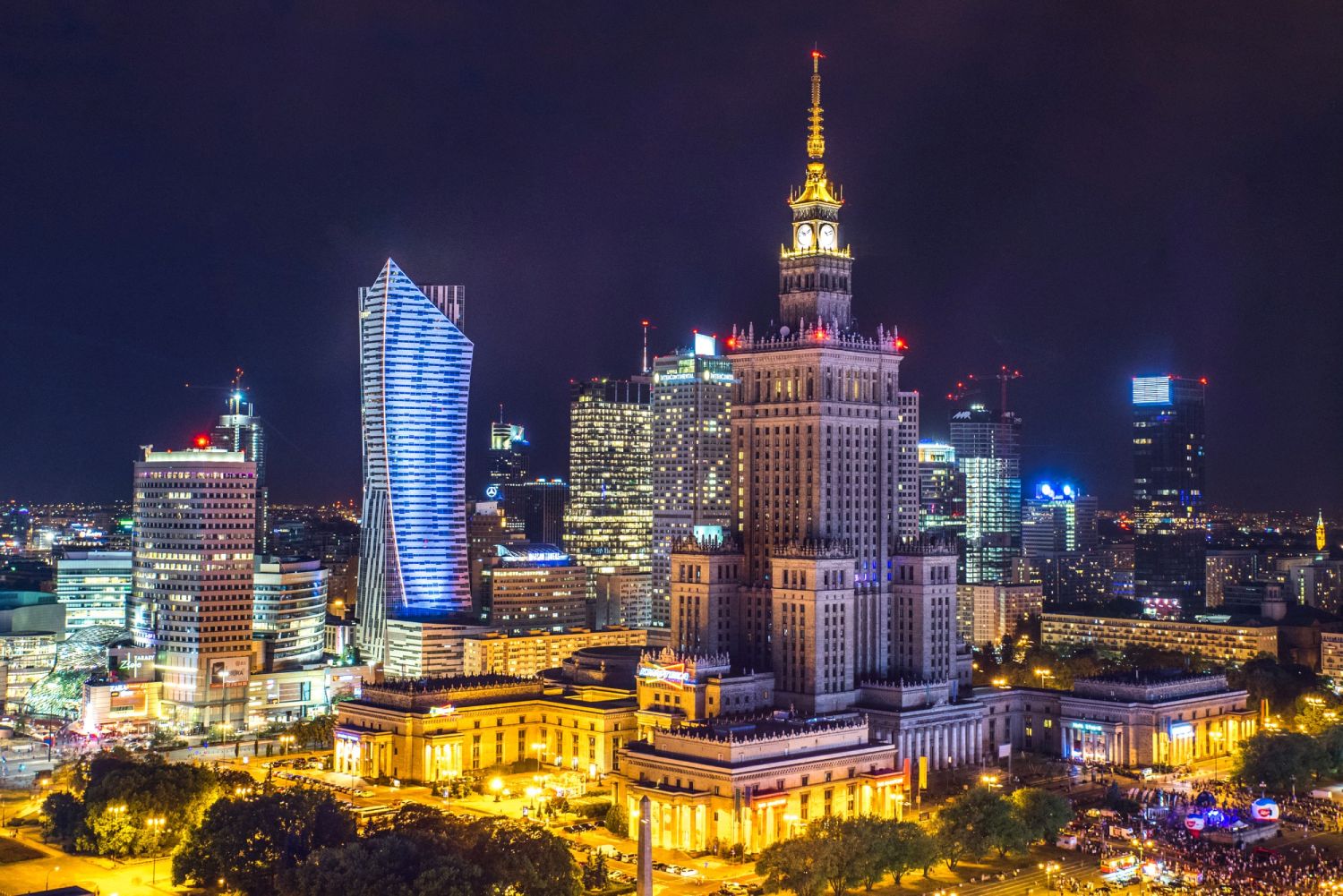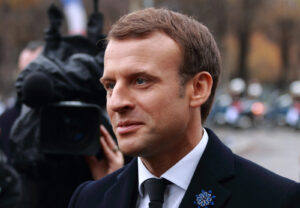Long depicted as a poster child of a successful transition to liberal democracy and a market economy after the collapse of the communist Eastern Bloc in 1989, Poland undertook a dramatic U-turn in 2015 with the return to power of the national-conservative party Law and Justice (abbreviated in Polish as PiS).
Thanks to promises of economic redistribution, PiS won within the same year the presidential election and an absolute majority of seats in the two chambers of the Parliament – an unprecedented feat since the first free elections held in 1989. The new executive and legislature immediately began to capture public institutions designed in the Polish political system to remain non-partisan, particularly the Constitutional Court, public broadcasters, and the civil service.
This process of power centralization has continued ever since and has subdued more judicial authorities as well as economic regulators. At the same time, some business assets deemed strategic by the government, especially in the energy and media sectors, have been taken over from private owners, though in a legal manner by way of acquisition.
As a result, in 2020, the watchdog Freedom House debased Poland’s label from “consolidated democracy” to “semi-consolidated democracy,” while since 2015, the country has fallen from the 18 th to the 64 th position in the World Press Freedom Index compiled by the non-profit organization Reporters Without Borders.
Despite occasional street protests, some being the largest recorded in decades with well over 100,000 participants across a country of 38 million inhabitants, PiS has remained the most popular party in Poland since 2015. However, support rates have oscillated between 30% and 45%, thanks to social measures and conservative stances that appeal to a predominantly and devoutly Catholic population.
In national elections, still free but not fully fair due to the pro-government bias of public broadcasters (Final report of the ODIHR Special Election Assessment Mission relative to the 2020 Polish presidential election), PiS also secured in 2019 four additional years in government, and in 2020, a second five-year presidential term. Therefore, unless PiS decides on its own initiative to call for a snap election, a popular vote will not occur before 2023.
Poland, PiS, and the European Union
In this relatively deadlocked internal situation, the main opposition force to Poland’s further democratic backsliding has been the European Union (EU). A member state since 2004, Poland is
indeed bound by a legal straitjacket with norms enforced by institutions it can at best ignore but not capture or neutralize due to their multinational character.
As such, it has become the first EU member in history to be targeted by a procedure aimed at sanctioning rule of law violations. Moreover, legal disputes have financial repercussions for Poland
because an increasing number of EU funds, with Poland as the largest recipient in recent years, have been made conditional upon the respect of the rule of law, including the €750 billion post-pandemic stimulus package.
Paradoxically, recurring conflicts with the European institutions have not altered popular support in the Polish public opinion for EU membership – stable for years around 80%, it is one of the highest among member states and is shared by almost all political parties, including the PiS that has consistently denied any intention to leave the EU. The EU, for its part, has no legal path to expel
Poland despite her persisting violations of common rules.
Poland and France: Cooperation Despite Ideological Differences
A few months after his election in May 2017, President Emmanuel Macron of France declared that “the Polish people deserve a better government.” However, since Poland may continue to be a
troublemaker in the EU for years to come while retaining significant political and economic influence due to its size and fast GDP growth, France, initially very critical of the Polish authorities, has become more accommodating.
Though France still takes the high ground in democracy and human rights issues, including LGBT rights, she also seeks cooperation where she can benefit from it. Most notably, by marketing her offer of nuclear power plants as a solution to help Poland exit coal and cut its greenhouse gas emissions.
Poland and the United States
On the other hand, Poland, traditionally preferring American equipment in strategic sectors like defense as a tribute for US security guarantees against a very much feared Russia, lost an ideological ally after President Donald Trump’s defeat. Uneasy with President Joe Biden, who, as a candidate, mentioned Poland and Belarus in the same group of “totalitarian regimes,” she seems less eager to cozy up to the United States.
This uneasiness was demonstrated during recent attempts to force Discovery to sell its Polish subsidiary TVN, a widely watched TV station critical of the PiS party. Nevertheless, rather than risking a clash, the Polish government is more likely to play for time with the hope that its old friend Donald Trump returns to the White House in 2024 and that it gets itself reelected the year before.




